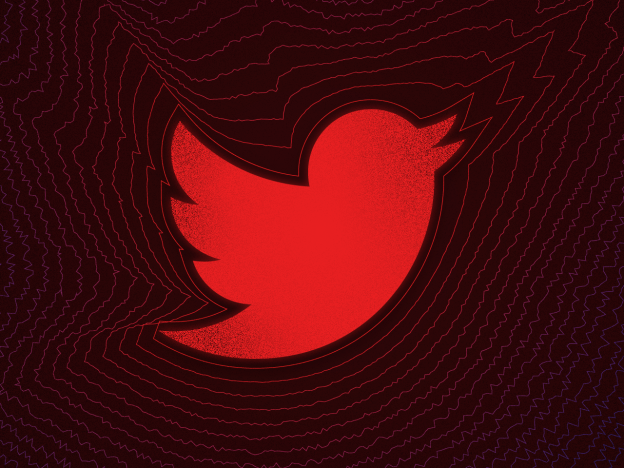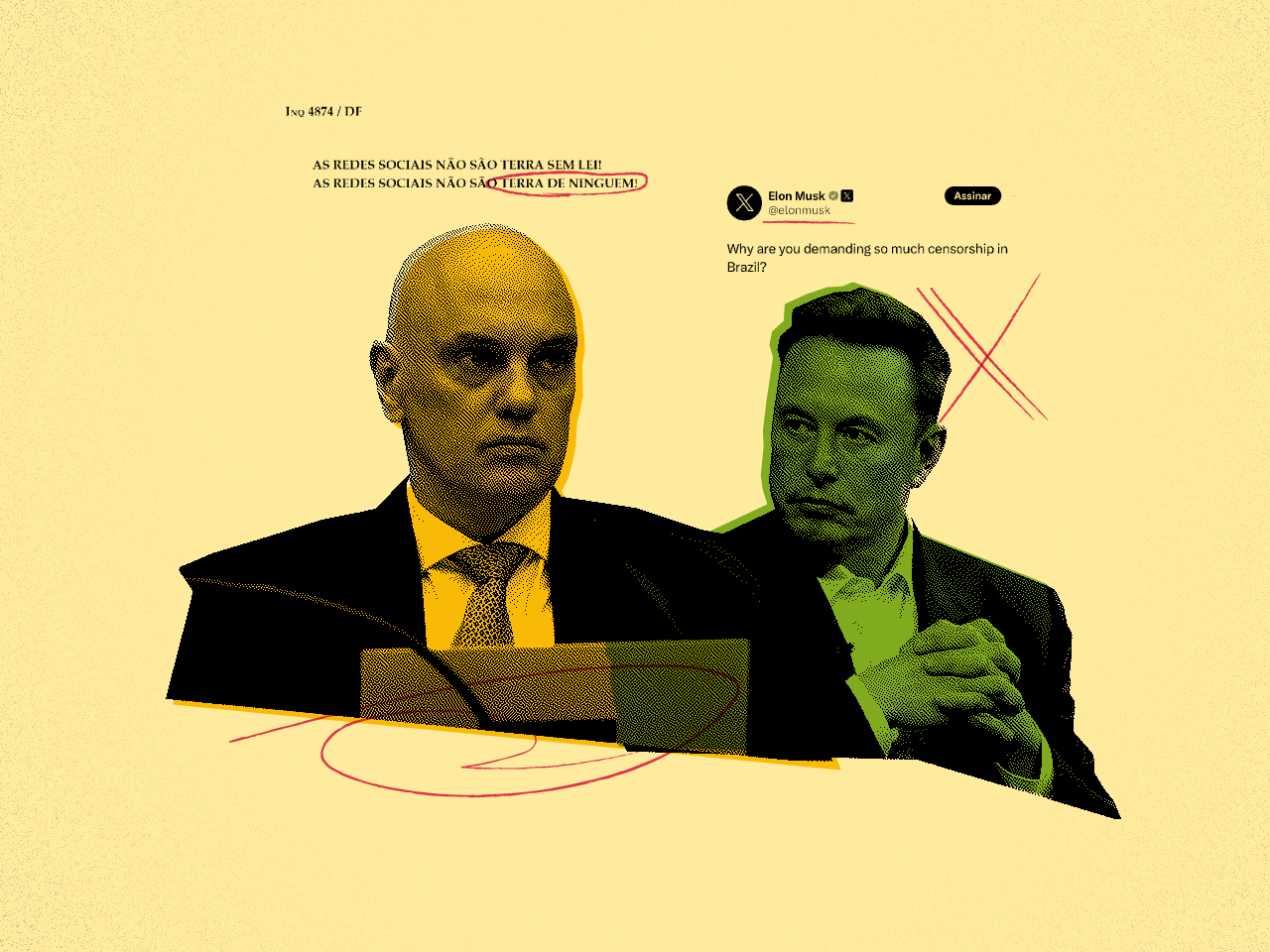Núcleo spoke to Justin Hendrix on the conclusions published by the House Select Committee to Investigate the January 6th Attack on the United States Capitol, and about how Brazil can move forward if it decides to analyze the role played by social media following the attacks against federal buildings in Brasilia on January 8th, 2023.
- What is the takeaway of how the January 6th Committee handled the role of social media platforms in the Capitol insurrection?
The January 6th Committee ultimately made no official conclusion nor issued any recommendations regarding the role of social media platforms in the insurrection at the U.S. Capitol. The final report of the Committee recommended only that such issues continue to be studied by relevant Congressional committees.
What we know about the January 6th Committee's investigation into this issue, however, is contained both in a draft report that was leaked, and via transcribed depositions with former social media executives.
In general, the documents paint a picture of major platforms- including Facebook, Twitter and YouTube- that had for years made concessions to their own policies to allow Donald Trump to continue to utilize his accounts, had for years accommodated extremist groups and networks related to conspiracy theories such as QAnon, and had for years failed to appropriately invest in the human and technical resources necessary to apply their own policies on election disinformation and incitement to violence.
Repeated internal warnings at Facebook and Twitter, in particular, were dismissed by senior executives out of fear that any actions might be seen as betraying a bias against Republicans.
- The Washington Post story published on January 17th quoted anonymous sources who said the Committee failed to scrutinize these companies in their final report due to fear of "offending Republicans or the tech companies". Looking forward, how does this impact the outlook for any type of tech regulation in the United States?
While the major parties both agree that technology firms in the United States are in need of regulation, they disagree about why it is necessary. While Democrats tend to focus on issues related to online harms, Republicans are concerned about potential censorship and content moderation practices that they regard as counter to their own interests.
Looming over it all is the reality that tech firms spend many millions on lobbying Congress and on donations to the campaigns of politicians in both parties. The regulatory agenda in the U.S. Capitol is captured by industry, which is why we are seeing more activity in states and in litigation than we are in Congress.
- The final report (the official December one) only briefly mentioned the responsibility of these tech companies. More than once the Committee requested information from the companies (including in the form of subpoenas after they failed to address initial questions). Do we know what (if anything) could be learnt from the responses the companies provided?
The report and the transcribed depositions do suggest that the major social media firms were responsive to the Committee, providing internal documents and making executives available for interviews.
Some of the smaller, fringe platforms such as The Donald and Parler also provided information to the Committee- for instance, there is reference to moderation logs on The Donald.
One member of the investigative team told me that the approach the companies took to producing information varied greatly; some were very precise in what they chose to send, while some sent an avalanche of information, much of it extraneous.
There is little evidence that senior executives at the major platforms spoke directly to the committee.
- Recently, Brazil also saw far-right extremists storming into the buildings of its democratic institutions. Some lawmakers have put in requests to open a probe to investigate the Jan. 8th events and the role of social media might be a topic. What are some lessons that can be learnt from the Jan. 6th Committee regarding tech companies? What could Brazil do differently?
Any investigation in Brazil that could build on the efforts of the January 6th Committee to understand the ways in which social media platforms helped to propagate false claims that inspired the violence in Brasilia on January 8th, or the ways in which the events that day were organized and coordinated on social platforms, would be valuable.
Key questions might include how the use of groups, and the size and affordances of certain group messaging applications, were used. And, it would be valuable to know the extent to which the platforms failed to enforce their own policies in the weeks leading up to January 8th.
It is also important to look at the relationship between political influencers and policies related to them, as well as the role of journalists and other influencers, including some based in the U.S. who used social media platforms here to produce conspiracy theories that reverberated to Brazil and back.
Just as in the U.S., Brazil will have to think deeply about the health of its media and information environment, even as it grapples with the underlying political and social forces that led to the violence on January 8th.








